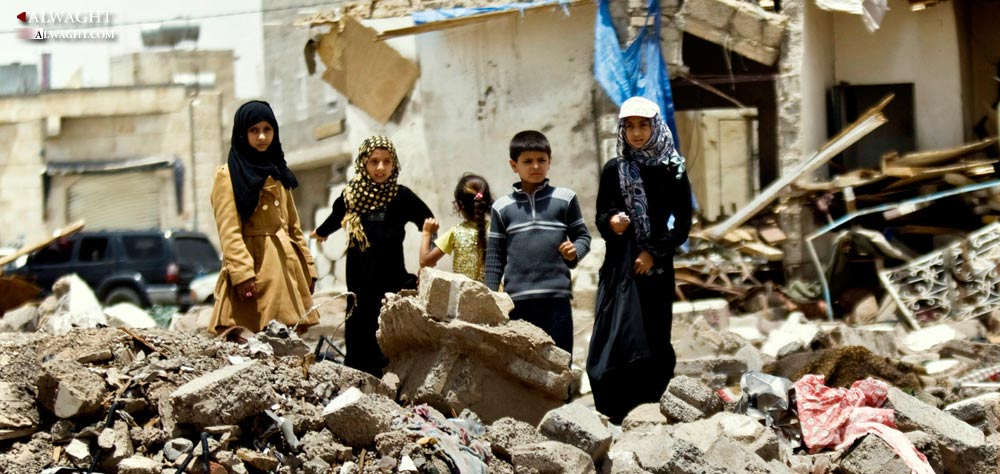Alwaght- In a time that Saudi Arabia is facing a huge budget deficit of $81 billion due to its aggression against the neighboring Yemen and its massive support for the terrorist groups in the region and while it is eyeing introducing austerity measures and cancelling several-billion-dollar infrastructural projects to tackle the effects of the economic crisis, election of Donald Trump as the president of the US has added to possibility of Washington reducing its backing to the Saudi Arabian policies in West Asia region. This issue can add to optimism about settlement of the Yemeni crisis in the near future. This comes as the Yemenis themselves, led by Ansarullah movement, have managed to direct the country’s political processes and so pave the way for forming new parliament and national unity government.
However, the course of the developments during the Saudi military aggression against Yemen shows that it is not easy to predict the future of political developments in Yemen due to some factors affecting them. And in fact what is decisive and has the last word about the future is the defeats and victories each side of the fight can see in the battleground.
In the present conditions, the battlefield developments, political processes, and regional equations and interactions lead us to understand that the situation in Yemen is still ambiguous and to a large extent depends on the relevant actors' potentials and their understanding of how to deal with the current circumstances. At the same time, despite the frequent Saudi violations of the ceasefire deal with the Yemenis and round-the-clock pounding of Yemen by the Saudi-led Arab military coalition's fighter jets, the rays of hope for political dialogue are still existing thanks to efforts of the UN Special Envoy to Yemen Ismaïl Ould Cheikh Ahmed. Actually, still there are chances of the political talks reaching relative results about the shares of the Yemeni actors of the conflict.
It is highly obvious that Ansarullah movement now is recognized as a political movement with great military and administrative capabilities as it has backing of an encompassing range of the Yemeni society including the Zaydis, Shafi'is, and some key Yemeni tribes. The Ansarullah movement manifested a perfect understanding of the current political conditions after it entered an alliance with its former enemy Ali Abdullah Saleh, the former president of Yemen. This display of political maturity pushed even the Saudis to some time, either directly or indirectly, accept and recognize Ansarullah as a crucial actor in the Yemeni political stage, and so acceded to its having a share in the negotiating table as a key side in the dialogue bargaining.
However, a couple of issues make the intra-Yemeni political negotiations face a stalemate and Saudi-led military operation in Yemen continue. The first is the issue of seized territories and the semi-heavy and heavy weapons in the hands of the Yemeni forces. Negotiations are facing a deadlock due to demands raised by Saudi Arabia and the resigned president of Yemen Abd Rabbuh Mansour Hadi about these two cases. Actually both the ground and the weapons are in Yemen, and in the current anarchic conditions they play a key role in both the political talks and in the battlefield.
Second, Saudi Arabia aims at destroying the Yemeni infrastructures in an erosive process to maximize costs of the Yemenis so that after a while when the humanitarian conditions worsen, Ansarullah and its allies be distracted from fight and focus on reconstruction work. This can offer Riyadh a privilege in any future negotiations. But this Saudi plan backfired, and due to popular resistance and the Yemeni groups' fight on the one hand and the increase in the Saudi military costs on the other hand, the circumstances are deteriorating for the kingdom and actually the war against Yemen no longer has the expected advantages. So, it is from this angle that we can suggest in the current conditions a state of ambiguity overshadows the ways to stabilize the country and find a settlement. However, unlike the initial days of the military campaign and formation of the military coalition, Saudi Arabia does not have the upper hand, and consequently it can be suggested that the prospects are slightly improving for Ansarullah and its allies in comparison to the past.



























